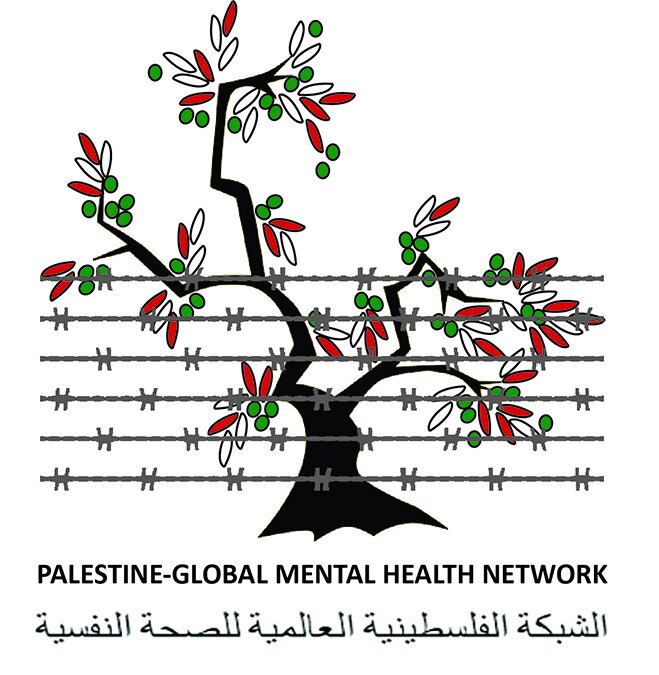Press Release
A new report from mental health workers in the Gaza Community Mental Health Programme (GCMHP) reveals an “unimaginably challenging context” for their work among a community suffering terror under almost constant bombing, loss, grief, starvation, thirst, repeated forced displacement and the disappearance of their lives’ previous architecture of schools, hospitals, universities and mosques.
Five months since the first professional mental health report from among the tents and ruins of schools and other unsafe spaces where Gazans are sheltering, 18 members of Psychological First Aid (PFA) teams have produced new qualitative data and analysis using systematic surveys. The GCMHP staff, despite the dangers of moving around and their own situations being as difficult as those of the affected displaced families, have been able to care for 26,134 family members between January 1 and October 25, 2024.
The surveys were based on the answers to three open-ended questions on the needs of children, women, men, older people and people with disabilities; their psychological and social complaints; coping methods, both positive and negative adaptation.
Food, water, winter clothing, shelter and psychological support top the list of needs for these people who have lost literally everything. In all categories people are affected by infectious diseases and malnutrition. Older and disabled people also need wheelchairs, crutches, diapers, financial assistance. Nightmares, sleeping problems, intense on-going fear or sadness, aggressive behaviour, denial of the traumatic event, numbness, feeling helplessness, hopelessness or withdrawal are among the symptoms reported by the teams. Suicidal thoughts, low self-esteem, inability to take care of infants and thoughts about harming their babies are also reported.
PFA teams in Deir Al Balah and Khan Yunis are working with individual and family home visits, group meetings by psychologists in tents and with referrals to new centres opened since the destruction of GCMHP centres in the early months of Israeli bombardment.
Individual family stories show children, parents, extended families healing under the care of these professionals living this unique life of unending trauma no one should be suffering. The children’s drawings shown, made during treatment, illustrate the inhuman cruelty these families are living with throughout these months more graphically than adult words.
All these children and their families, like everyone of the health workers who spend their days, weeks, months, caring for them, think about one thing: when will there be a ceasefire? Every day we hear the same questions. “What did my child do to deserve this unbearable life,” says mother after mother. “Why does it not end?” And “Why has the world chosen to forget us.”
GCMHP, 9 December 2024
Website: www.gcmhp.org , Facebook.com/gcmhptested, Email: info@gcmhp.org, Youtube: GCMHPChannel

